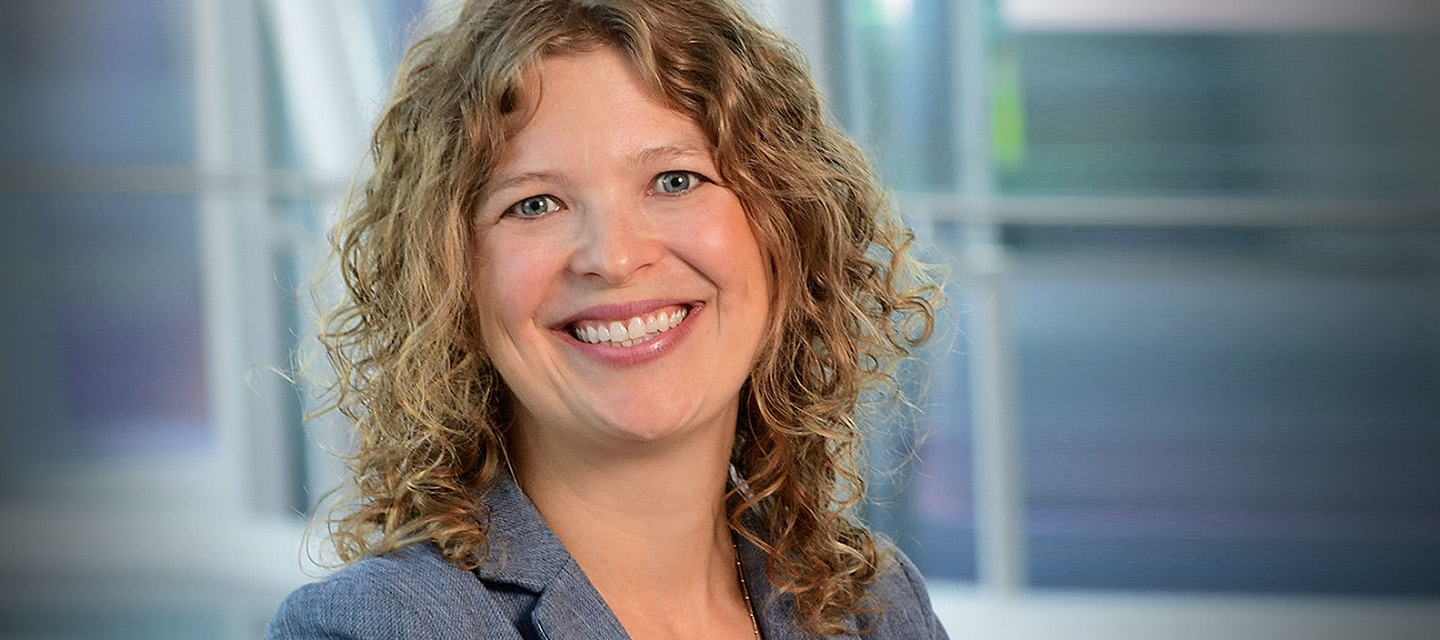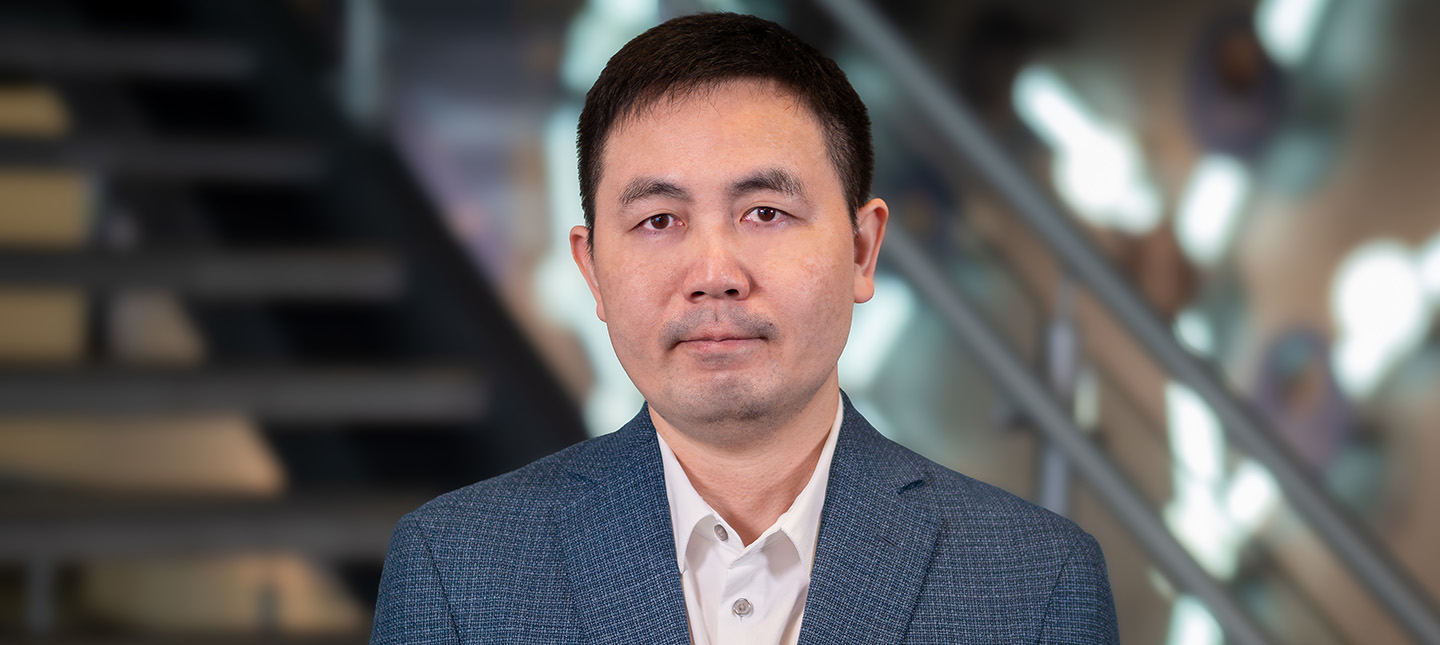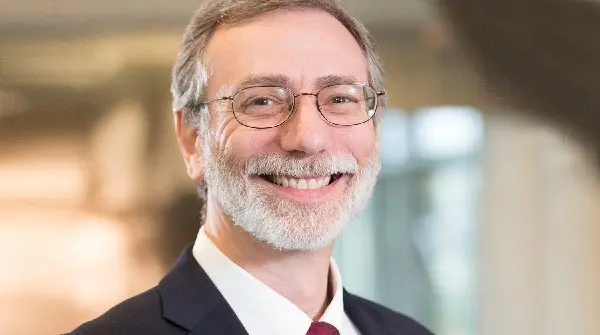Published in JAMA Network Open. Here is a link to the article.
Regenstrief Institute author: Rachel Patzer, PhD, MPH
Expanding access to the kidney transplant waiting list for nearly 800,000 individuals with end-stage kidney disease (ESKD) remains a central policy focus in the United States. Currently, only one in eight ESKD patients are added to the waiting list, and longstanding disparities—whether geographic, racial, ethnic, or economic—continue to challenge efforts to ensure fair access to transplantation. Regulatory initiatives, including those by the Centers for Medicare and Medicaid Services, now tie transplant access to financial incentives for dialysis and transplant centers, aiming to promote greater impartiality in access.
At the center level, increasing and maintaining a transplant waiting list requires significant personnel and resources. On a national scale, these efforts must align with strategies to expand the organ donor pool. In 2023, 44,560 patients were added to the waiting list, yet only 27,332 transplants occurred. Although list additions have risen, the percentage of ESKD patients gaining access has declined—from 17.7% in 2013 to 12.3% in 2021. In many areas, wait times exceed three years, sometimes reaching a decade.
Caldwell et al. employed a Markov model to estimate the effect of waiting list growth on transplant delays. A 10% list expansion could extend median wait times by four months; a 50% increase could add 20 months. Doubling deceased-donor or tripling living-donor volume would be needed to offset these delays. While challenges in modeling exist, these projections help policymakers plan. To ensure fairness in access, efforts must simultaneously improve waiting list entry and boost both deceased and living organ donations.
Authors
David C. Cron, MD, MS1; Rachel E. Patzer, PhD, MPH2,3; Joel T. Adler, MD, MPH4
Author Affiliations
1Department of Surgery, Massachusetts General Hospital, Boston
2Department of Surgery, Indiana University School of Medicine, Indianapolis
3Regenstrief Institute, Indianapolis, Indiana
4Department of Surgery and Perioperative Care, Dell Medical School, University of Texas at Austin









